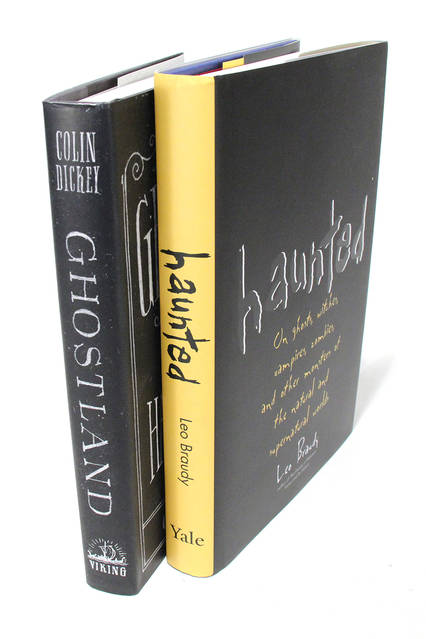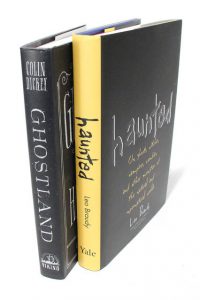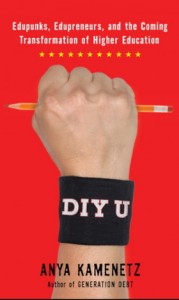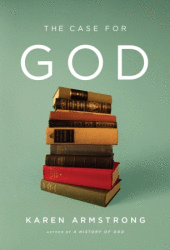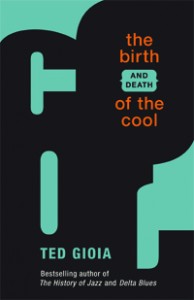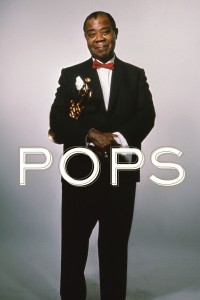I’m delighted to share this recently published story of a small German country house that stood witness to nearly a century of history, two totalitarian regimes, and several generations of ordinary people. Humans will do remarkable (and sometimes terrible) things to persist and survive as wars, empires, and borders change around them.
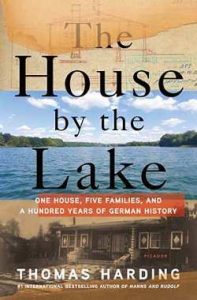
A few miles west of Berlin, a little house sits on Groß Glienicke lake, a quiet eye in the storm of Europe’s worst century ever.
Nazi bureaucrats arrived at their Final Solution at nearby Wannsee. The Red Army poured through at the end of World War II. Churchill and Truman drove past on their way to meet Stalin in Potsdam. The Berlin Airlift rattled the cupboards as planes landed at and left Gatow airfield. Secret policemen lurked as the Berlin Wall rose. The house endured the long, twilight struggle of the Cold War, the fall of the Wall, and the reunification of Germany.
…Josef Stalin supposedly quipped that one death might be a tragedy but a million deaths are a mere statistic. Harding’s work stands in defiance of that heartless calculation. Against the No Life Matters ethos of the 20th century, The House by the Lake proves that history’s lethally impersonal forces, mass displacement, arbitrary borders, marching armies, and totalitarian dictatorships cannot fully erase the private joys and sorrows of individual lives.
Read more of my review of The House by the Lake at Reason Magazine.
